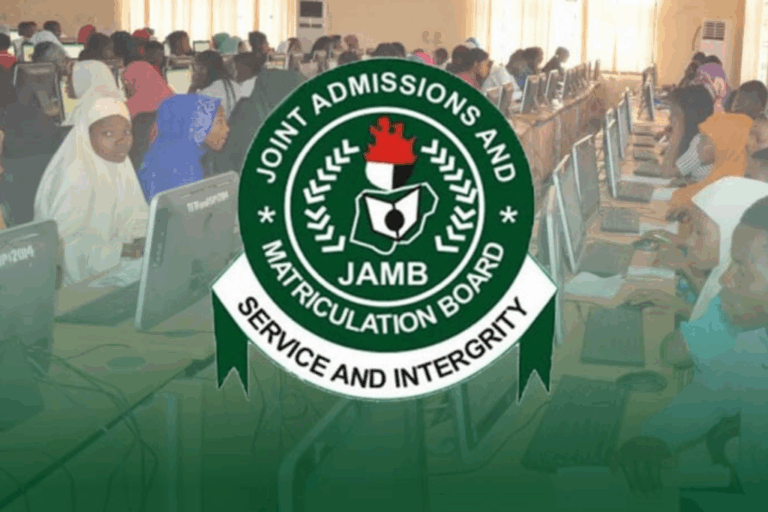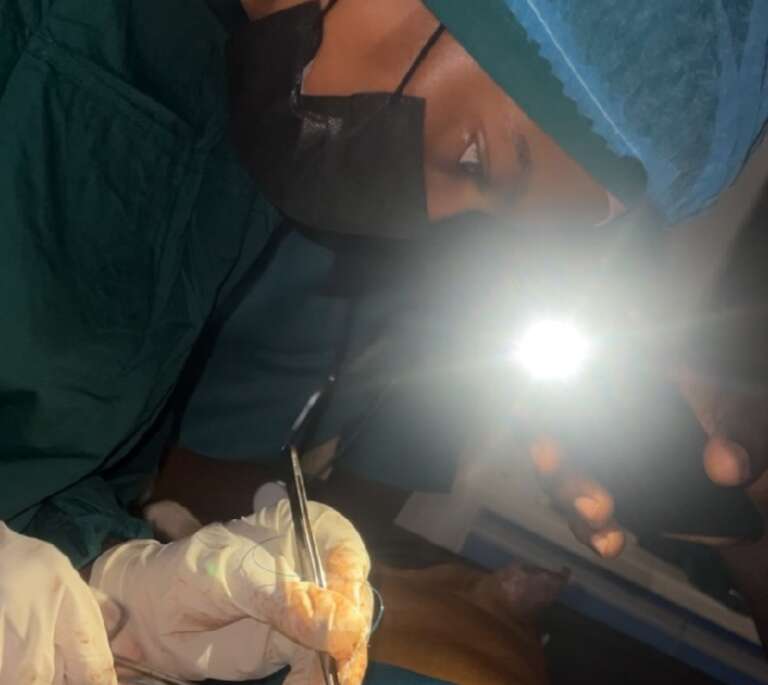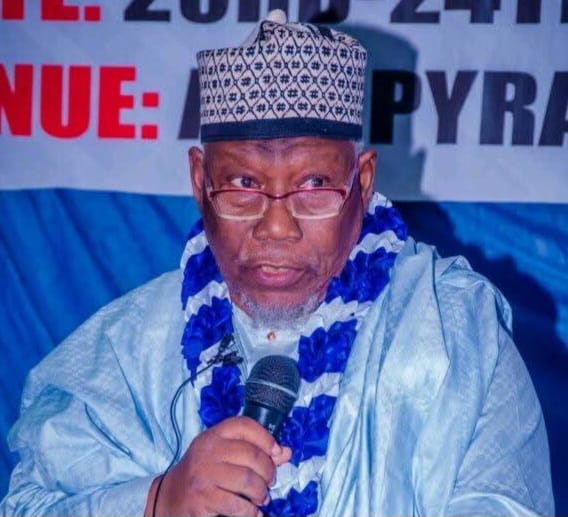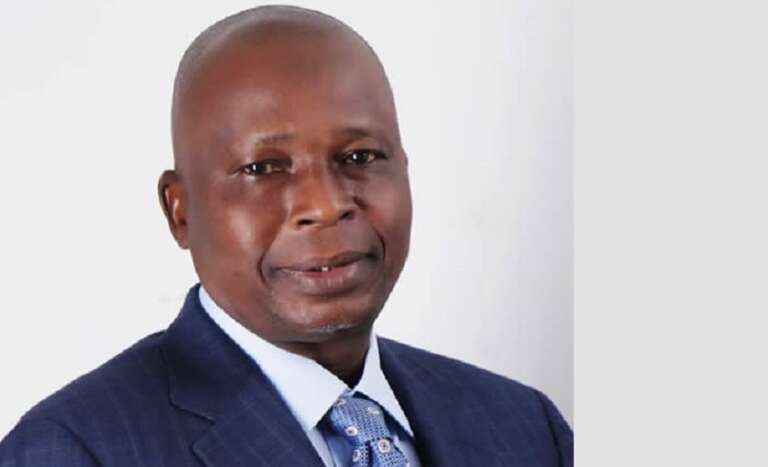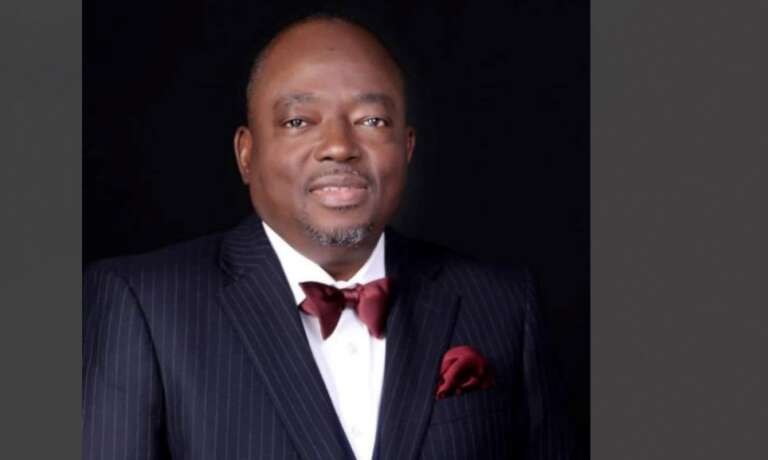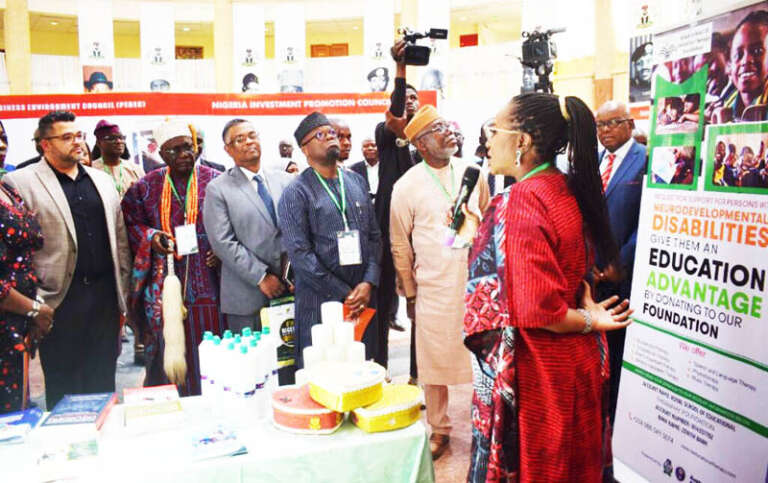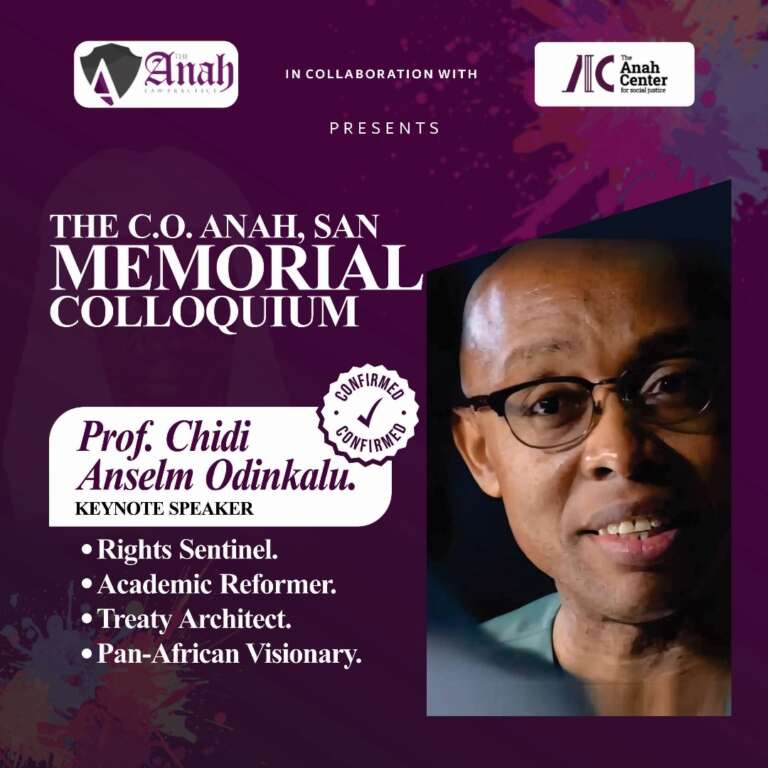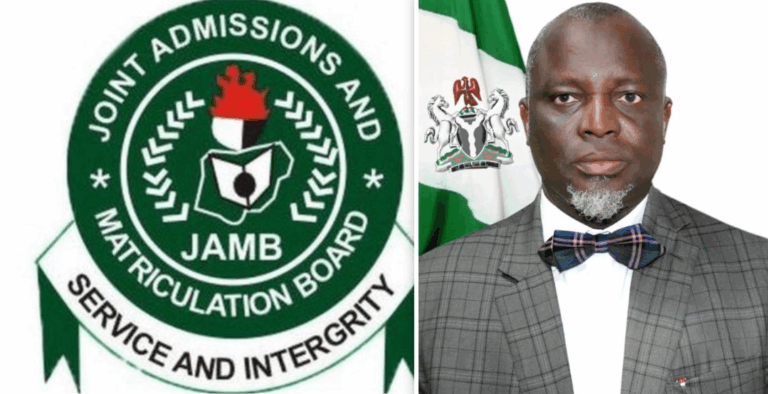It felt like the system failed us.
While some of the candidates who wrote the 2025 University Unified Tertiary Matriculation Examination (UTME) have called for the total cancellation of the results, a past 1st Vice President of the Nigerain Bar Association (NBA) and rights advocate, John Aikpokpo-Martins, Esq., has criticised the Joint Admissions and Matriculation Board (JAMB) for withholding the results of candidates classified as underage, describing the action as a grave injustice, unconstitutional, malicious, and in contempt of court.
There had been outcries in different quarters over the poor performance in the results, wherein over 1.5 million candidates failed to score 200. While many had cited technical glitches in some of the centres, others had blamed poor time management and students preparation.
The candidates who spoke to Daily Trust yesterday said, “The system failed us.”
Aham Ijendu Chimereze, who wrote at Unique Computer Institution in Owerri, said he would be glad to retake the examination if the errors would not be repeated again.
Another candidate, Uchenna Eme, said: “I was scheduled to write my exam by 6am and the JAMB had to extend it to 4pm and still changed my centre same day of the exam.
“I have not checked my result to know if I did well or not after the story of poor performance broke out, but I don’t mind retaking as well.”
Another candidate, who gave her name as Jennifer, said that during the examination, the electricity went off and the network failed.
Hassan Abdul, who took the exam in Lokoja, Kogi State, said it will be best if the entire results are cancelled, so that they all retake it.
The same views were shared by Mercy Obinna, from Anambra. She said no need to single out some centres. “The entire exercise should be cancelled and let all of us retake the exams”, she said.
But there are some students with a contrary opinion.
For instance, a candidate from Lagos, Shoneye Neemah Darasimi, said, “When I first saw my result, honestly, I was so proud and relieved. All the late night and sacrifices finally paid off.
Read Also: Breaking!!! JAMB admits responsibility, Registrar weeps, apologises for UTME errors
“Now hearing that some of the results were reversed, I am shocked, confused, and honestly heartbroken. It felt like the system failed us. How do you tell a child who had already started celebrating that his/her result might not be real?
“The reversal might affect my chances of gaining admission this year. In this country, timing matters. That result was our ticket to starting the process early. Now everything feels uncertain again like we’re starting from scratch.”
Falola Deborah Oluwatunmise, another candidate who sat for the UTME in Lagos said, “As you talked about this review now, my heart just skipped. Like you know, I wrote JAMB and I had technical glitches in my own, like 1 – 11 for me were just answers, no questions, it was only answers. I was just seeing only answers and my own exam questions stopped at 55 instead of 60.
“So, like, God forbid now I’m part of these people that they said we should retake this exam because we put in our best in the last one, and it’s just that people failed a lot.
“The exam went smoothly for me, I actually did my best and I’m okay with my result. But I’m kind of scared. What if they ask me to come back and write this exam again and God forbid, my score is not up to the one I got the last time? I’ll be so disappointed and I’ll really hate JAMB for it and myself too.
Read Also: Full Text: JAMB Registrar explains 2025 UTME result glitches, says ‘Man proposes, God disposes’
“I feel disappointed about the reversal of results and I just hope I’m not among those that will retake the exam.”
Errors caused emotional disturbance – Parents
A parent, Sydney Obi, said the errors in the result were a big issue as it caused a lot of emotional disturbance for candidates and their parents.
“But like the saying, no one is above mistake. I think JAMB should have done proper auditing before making official release after the first statistic they published generated a lot out outcry,” he said.
He advised the JAMB to test run any new technology before using it for the examination to avoid causing unnecessary headache for candidates.
Another parent, Funmilayo Lawrence said, “JAMB Registrar has done a good thing to have taken responsibility for the glitches in the UTME. If every office holder can do this, every sector will be better for it.
Read Also: JAMB 2025 UTME Errors: Chidoka, Sowore, Adeyanju, others react
“We can’t outright blame the registrar, the service provider who did this may have compromised and we know that anything can happen in this country. The beauty of this is that those affected would be made to resit the exam, which for me is commendable.”
Another parent, Ogundipe Bosede Olaitan, said, “As a parent when I heard that the underage candidate results were not released, I was so sad because during the registration, we were not told that the result was not going to be released, what we were told was that if the students do not have or get up to 320, they are not going to give them admission. I am just appealing to the JAMB officials that they should please release the results of those underage candidates in order to know their performance.”
JAMB should get a new software – Don
Speaking to Daily Trust, a professor at the Nasarawa State University, Keffi, Nasiru Idris, said, “JAMB should ensure that the results come out immediately as that will go a long way in addressing some of the issues, but as far as you are giving one day, week or month it will be open to manipulation.
“So, I am of the opinion that JAMB should look for a software that will disclose result immediately after answering the last question.”
An educational expert, Oyarekhua Happiness said, “You can’t tell me JAMB will encourage failures. If they actually failed, it is understandable but giving them what they did not deserve makes it seem unjust, so the reversal is justified.
“Going forward, I think proper measures need to be put in place, they are definitely not new to this, they should channel more efforts and look for how to innovate and add more ideas in order to avoid such glitches. This is a national issue and they can’t keep going front and back on issues like this.
It’s a good step, hopefully the best will come out for it.”
Aikpokpo-Martins, in a blistering statement issued on Thursday, faulted the JAMB Registrar, Prof. Ishaq Oloyede, for failing to address the plight of these affected candidates, even after publicly admitting to discrepancies in the recently released UTME results during a press briefing on May 14.
Although he commended Prof. Oloyede for his rare show of humility in admitting errors that led to massive confusion and trauma, culminating in the tragic suicide of 19-year-old Miss Opesusi Faith Timilehin in Lagos, Aikpokpo-Martins said that failing to release the results of underage candidates remains a grave injustice.
“I commend Prof. Oloyede for his honesty. But that admission is incomplete for as long as JAMB continues to disobey and disregard the subsisting judgment of the Delta State High Court,” Aikpokpo-Martins stated.
The onetime NBA 1st Vice President pointed out that on February 27, 2025, the Delta State High Court sitting in Warri declared JAMB’s age restriction policy null and void, ruling that no candidate should be denied admission on the basis of age. The court also issued a perpetual injunction restraining JAMB from enforcing such discriminatory policies.
“Surprisingly, JAMB, under the watch of Prof. Oloyede, has treated the said judgment with utter disdain and contempt,” he said, accusing the Board of breaching Section 287(3) of the 1999 Constitution, which mandates authorities to obey court judgments.
Aikpokpo-Martins insists that JAMB’s continued withholding of results is a gross violation of the rights of young Nigerians whose only ‘crime’ was daring to dream early.
“JAMB seems to treat this sacred examination process as just another bureaucratic task. That is deeply unfortunate and unpardonable,” he lamented.
He asserted that the mental, emotional, and psychological trauma inflicted on these children and their families could have lasting consequences, and held JAMB legally and morally responsible for any further harm.
“The future of millions is shaped by this examination. JAMB must not treat the fate of these candidates as mere statistics,” he added.
Aikpokpo-Martins also called on the National Executive Committee of the Nigerian Bar Association (NBA-NEC), presently meeting in the capital of Ilorin, Kwara State, to look into JAMB’s alleged contempt of court and disregard for the rule of law.
“No crocodile tears will exculpate JAMB under the watch of Prof. Oloyede,” he concluded. “I urge JAMB to immediately release the withheld results and comply fully with the court’s judgment.”
Most of this report was culled from Daily Trust.

